Rwanda
As Paul Kagame embarks on another term, Rwanda stands at a crossroads. While his supporters tout the country's development under his leadership, the international community remains watchful of the growing concerns regarding human rights and the concentration of power in the hands of one man.
The ceremony in Kigali was not just a formality; it was a powerful reminder of Kagame’s enduring influence and the complex legacy he continues to build in Rwanda.
Kagame, recently re-elected as Rwanda's president, was inaugurated on Sunday in a grand ceremony held in the capital, Kigali. The 66-year-old leader, who has been at the helm since the aftermath of the Rwandan genocide in 1994, took the oath of office, pledging his unwavering loyalty to the Republic of Rwanda. "I, Kagame Paul, do solemnly swear to Rwanda that I will remain loyal to the Republic of Rwanda, observe and defend the Constitution and other laws diligently, and fulfill the responsibility entrusted to me," he declared, reaffirming his commitment to lead the nation.
Kagame’s inauguration marks the beginning of yet another term in office, following an election in which he ran virtually unopposed. Despite widespread criticism from various international observers and human rights organizations, Kagame's grip on power remains strong. His critics, including potential rivals, were largely sidelined, with two of his strongest opponents being barred from running for high office.
Kagame first rose to prominence as the leader of the rebel forces that ended the genocide in 1994, which claimed the lives of nearly 800,000 Rwandans. Since then, he has served as the de facto leader of Rwanda, officially assuming the presidency in 2000. Under his leadership, Rwanda has experienced significant economic growth and stability, earning praise from some for its progress.
In 2015, a referendum allowed Rwandans to vote on lifting the two-term limit for presidents. The result overwhelmingly favored the change, paving the way for Kagame to extend his presidency potentially until 2034. This move has sparked debate about the future of democracy in Rwanda, with many questioning the fairness of the referendum and the broader implications for governance in the country.




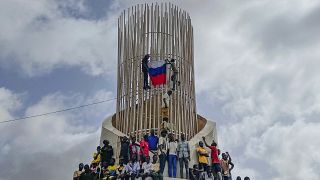
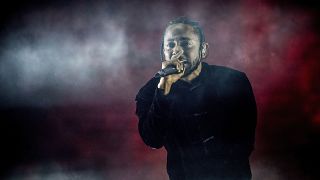

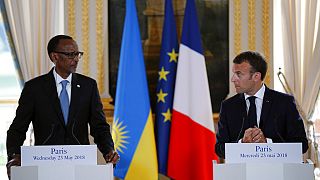
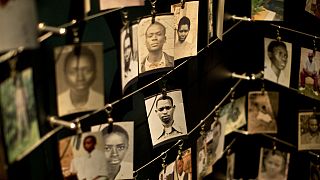
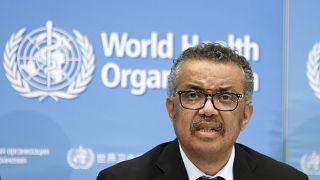
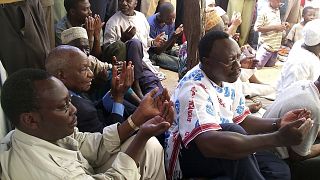
11:05
Africa's hight cost of climate change [Business Africa]
01:44
Duma Boko takes oath as Botswana's president
00:55
Algerian-French writer Kamel Daoud wins top French literary prize
01:00
DRC: M23 rebels seize new town near border with Uganda as talks drag
Go to video
Paris court sentences ex-Rwandan doctor to 27 years for 1994 genocide role
01:09
Congolese army announce they have taken back control of DRC's Kalembe, M23 rebels deny